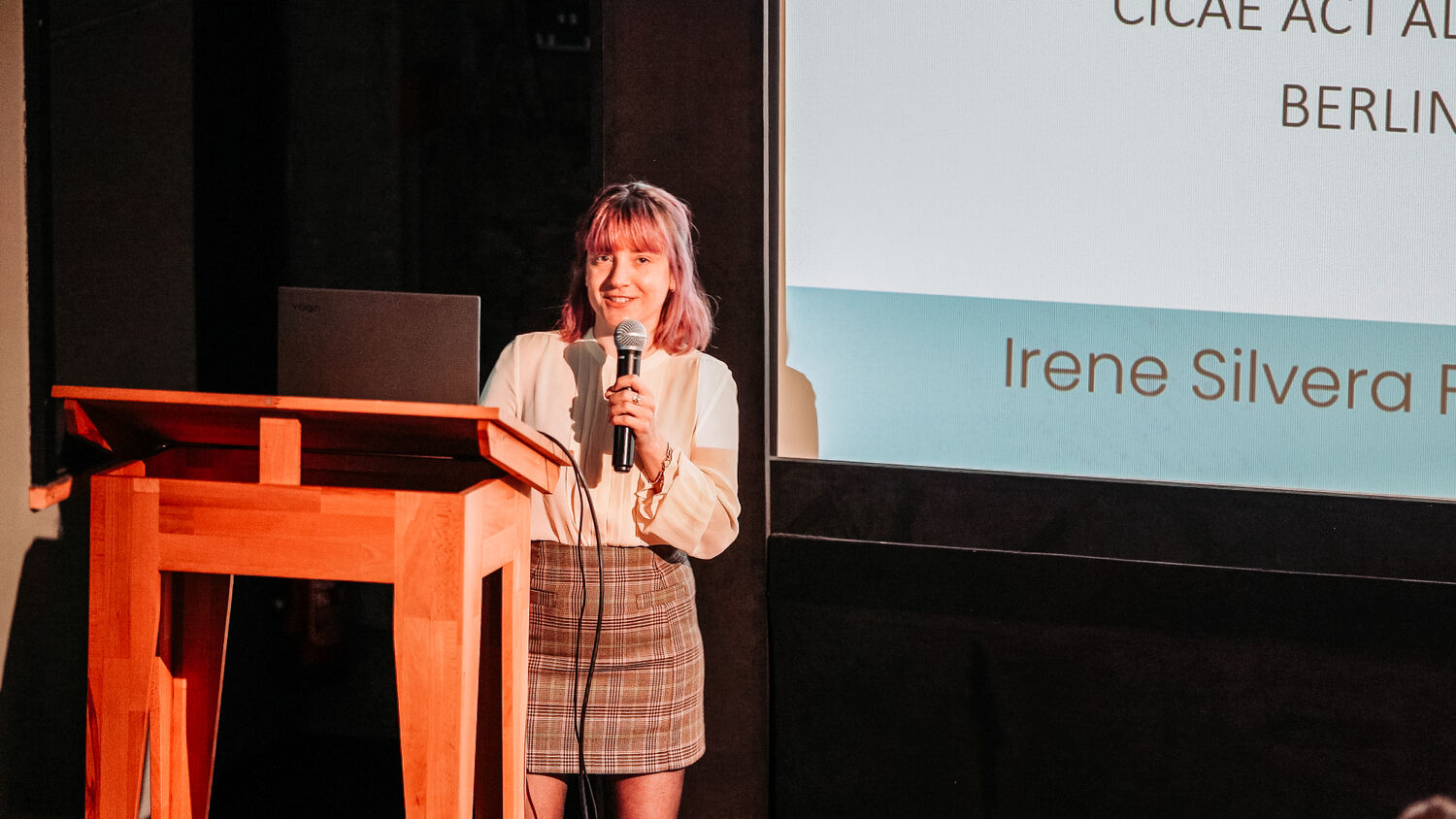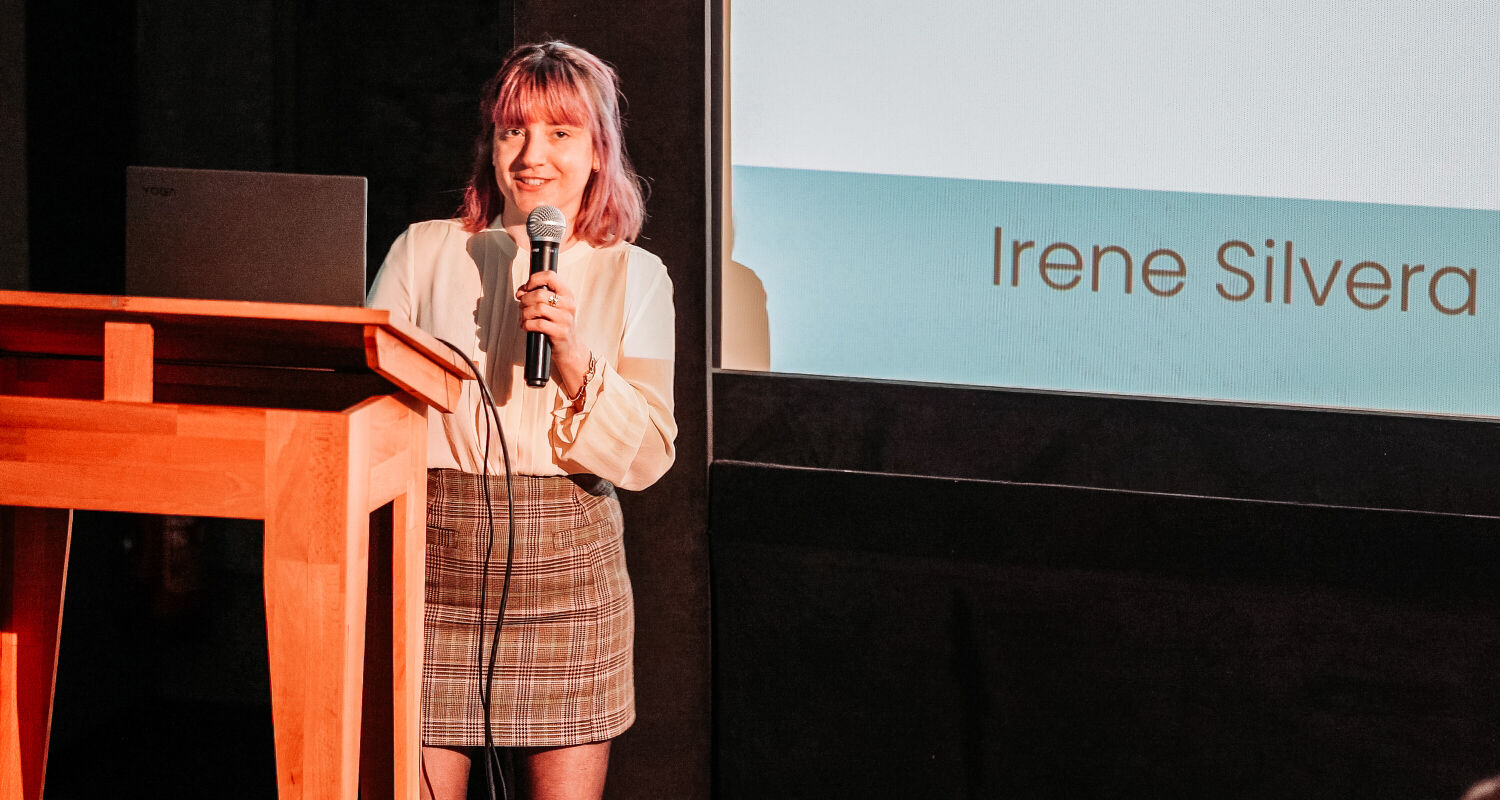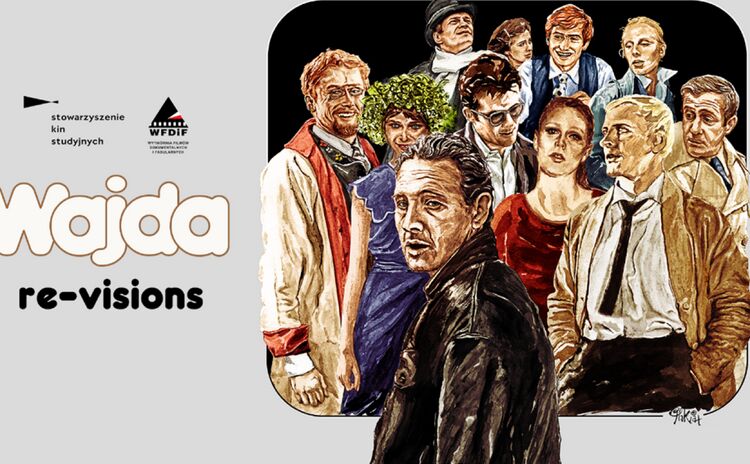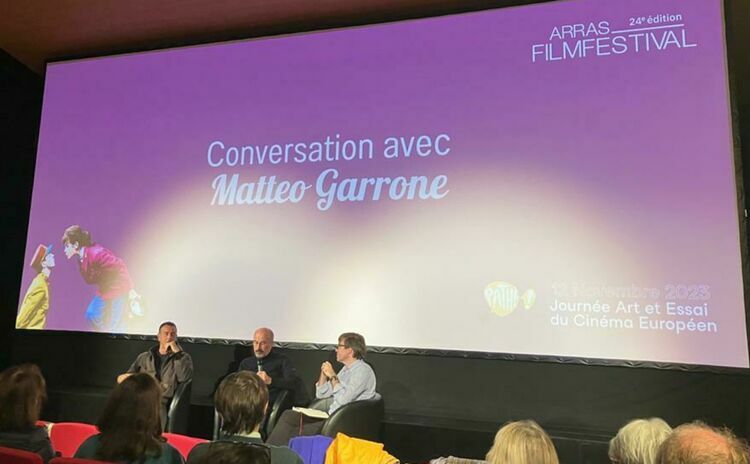How to make your cinema accessible – the first 5 steps
CICAE member Irene Silvera has worked in disability and inclusion access in the cinema space for many years. At the last CICAE conference, she gave participants a valuable lecture on the best practices for how to make your theater more accessible. Cinemas aren’t just about seeing films, but building community – and part of that is making sure everyone can get involved. 1 in 4 of us has a disability, whether visible or invisible, and throughout our lives we can become temporarily or chronically impaired. The experience of disability is one that is not just the result of physical or mental challenges, but shaped by social and structural barriers to participation. We can actually help to change that lived experience by creating inclusive spaces. Making a cinema accessible can be a complicated, and sometimes confusing process, but there are also some easy fixes and solutions that can be implemented right away. Our guide below, based on Silvera’s ‘megatips’, will help get you started.
“ Cinemas aren’t just about seeing films, but building community – and part of that is making sure everyone can get involved. ”

By playing the video, you accept YouTube's privacy policy.
1 - Self Assess
Another look
The first step to fixing a problem is recognising there is one. But sometimes we can’t see an issue if it doesn’t affect us, or when we’re used to our environments. To create inclusive spaces, we must first look at our cinemas differently. How would a person in a wheelchair access the theater? Are there elevators or ramps? Are the counters at the concession stand too high for them to order? How would a blind or hearing-impaired person enjoy the film? Do you have access to alt text or subtitled versions of films? Another visitor might have dyslexia – is your signage clear and readable?
Digital accessibility
Ask these questions not only about your physical theater but about your marketing materials and your digital presence. Is your website clear and readable? Low contrast text might not be readable, and some assistance software may not be able to translate your font. There are many free and affordable online tools that will test your website’s accessibility. Is your social content subtitled? Do you have an accessibility page? Making your digital presence more accessible is one of the easiest steps to implement – and has a huge reach.
Staff perspective
Thinking of all of the different challenges someone might face can be difficult. You can gather insight from your staff and audience – they are your most valuable resource of different perspectives.
Your staff and audience are your most valuable resource for different perspectives.
“ Making your digital presence more accessible is one of the easiest steps to implement – and has a huge reach. ”
2 - Inform
Accessibility is about information.
Why it matters
An easy-to-find, clearly written and comprehensive accessibility page on your website empowers people to make informed decisions. If your cinema is in a historic building, it might be difficult or even impossible to install an elevator, so clearly informing potential visitors is essential. When information about a space is difficult to access, a visitor with a disability might avoid visiting all together or be disappointed on arrival.
How to give information
Make sure to include information about what barriers you can’t fix (stairs, convenient transport links, etc), and what you can help with (extra seating for a companion, subtitles or an early entry time). An accessibility page allows people with disabilities to decide whether they can visit, what adjustments they may need to make, and what to expect at the cinema.
3 - Train
Changes are only as effective as the people implementing them. It is crucial that every member of your staff is trained in disability access so they can help visitors take advantage of available accommodations and respond to various requirements.
Disability training
A lack of disability training creates a barrier to participation, putting the responsibility of creating access onto the visitor. Understanding the huge range of disabilities that people deal with is also so important. Many disabilities are invisible and staff should be trained not to assume anything about someone or push them to explain their disability. Untrained staff may also unconsciously discriminate against cinema-goers with disabilities, which can seriously damage a theater’s community and lead to legal charges.
4 - Connect
Nothing about us without us is a long time motto of disability rights activists, and the best advice for anyone hoping to make their organization more accessible. There are many local, national, and global disability groups that lobby to make spaces more inclusive.
Different ressources
- Fepeda, for example, is an organization that advocates for Deaf and Hard of Hearing children and their families across Europe.
- Contact your local community and see what changes would make the most difference to them.
- Other cinemas may also have tried and true solutions or out of the box ideas that may be helpful.
- Government organizations in some countries also offer support for the development of accessible programmes, and can help with best practices and funding.
- One participant at the CICAE conference mentioned a city programme in Amsterdam that helped to fund the renovation of their 1930s theater to make it more accessible.
5 - Reassess
No easy fix
Finally, it’s important to continuously reassess how inclusive your cinema is. Accessibility requirements change rapidly and updates to your website or building might create new issues that require new solutions. Creating an inclusive space isn’t one step but a commitment to changing your community. Inclusivity is a practice that should guide all your decisions moving forward.
Access for all
Disability accessibility is essential to including everyone in our cinema community. Ultimately though, improving access for people with disabilities improves access for everyone. 40% of people watch films and tv with subtitles at home. Ramps give parents with children in strollers easier entry. And navigating a confusing website is always a frustrating experience. Improving accessibility is simply best practice for everyone regardless of their (dis)ability.
“ Ultimately though, improving access for people with disabilities improves access for everyone. ”

11.04.2024

Thea Jessamyn Voyles
Thea Jessamyn Voyles is an art writer and curator living in New York. She holds a BA in Art History from the Courtauld Institute of Art, where she wrote about mid-century romantic comedies and the implications of exhibition space. Thea also works for a contemporary art gallery, organises exhibitions of emerging artists, and hosts a fashion podcast. more from the author


